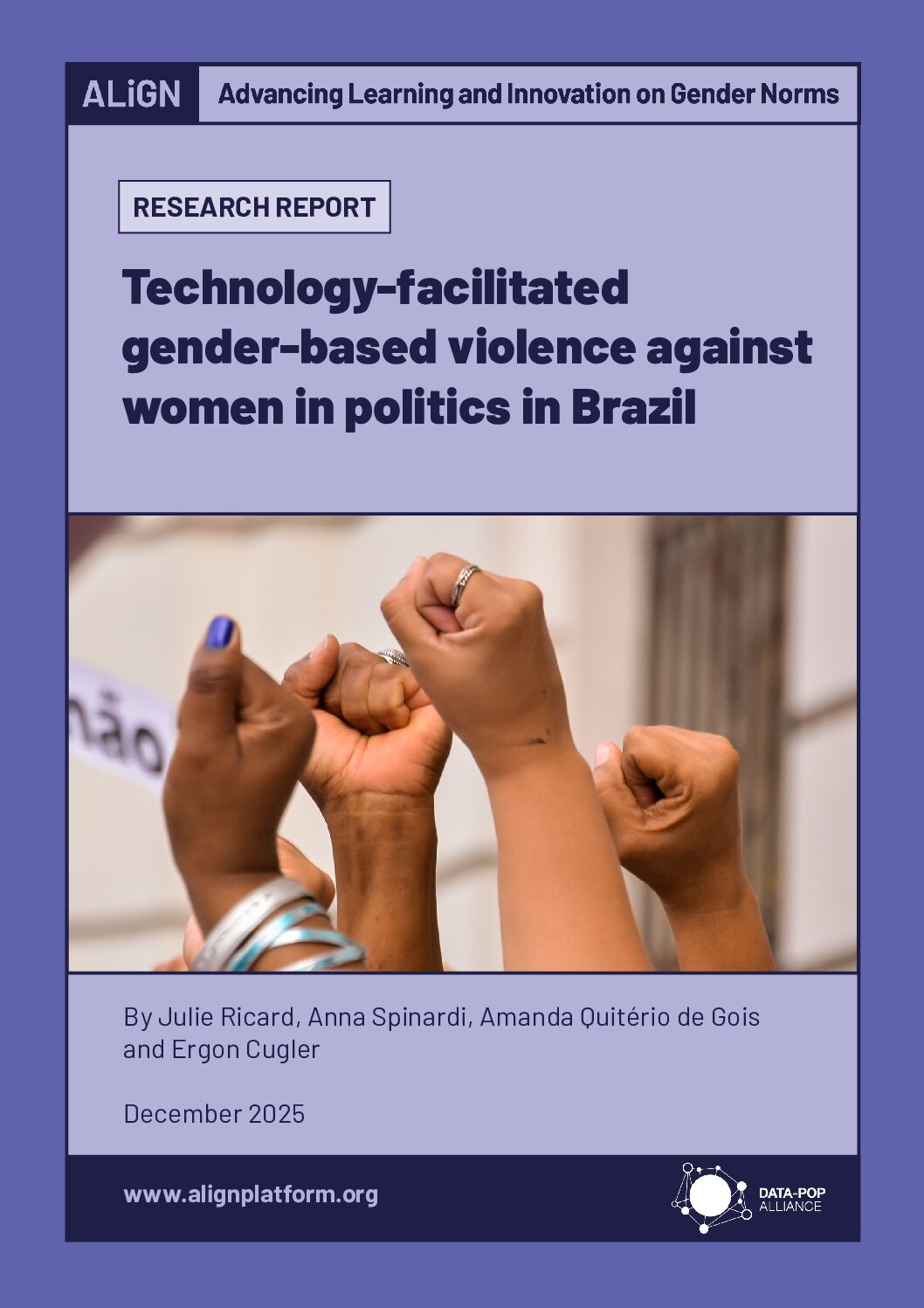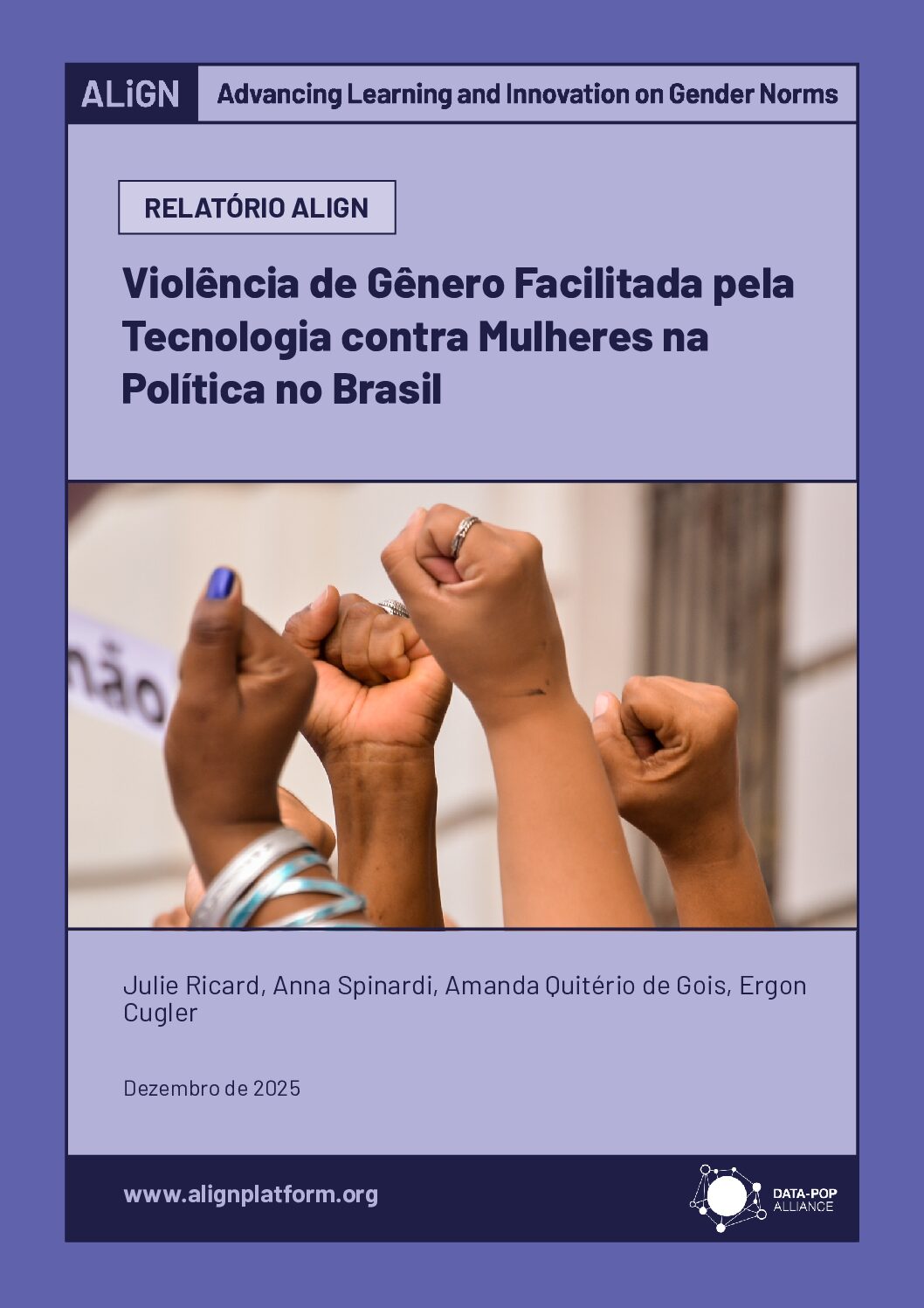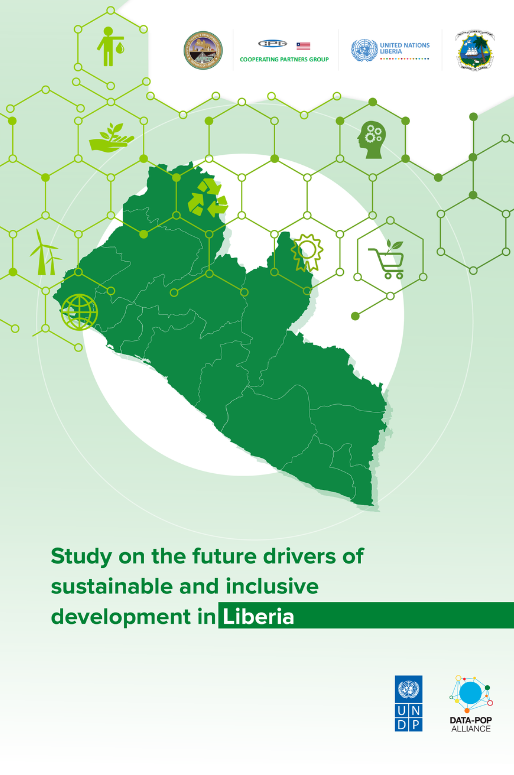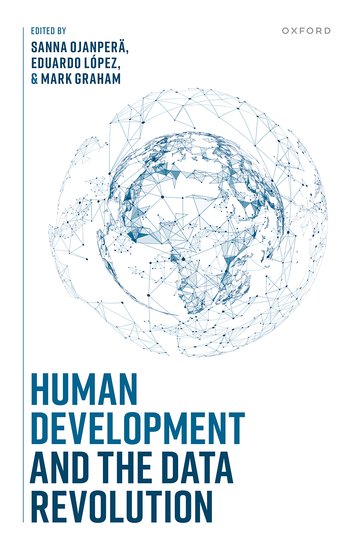Documento 1: Estado del arte y análisis comparativo de estrategias nacionales de Big Data
Document 1: State of affairs and comparative analysis of national Big Data Strategies
This study provides an analysis of the main characteristics of the existing government strategies related to Big Data, while clarifying the operational concept of Big Data used throughout this project.
Documento 2: Buenas prácticas sobre cómo los gobiernos pueden implementar una estrategia para estimular el ecosistema de negocios Big Data
Document 2: Best practices on how governments can implement a strategy to stimulate the Big Data business ecosystem
This study provides an analysis of levers and channels – from tax incentives to regulatory guidelines, legal frameworks to fiscal interventions – through which a modern government such as Colombia can stimulate this sector and its contribution to the country’s economy.
Documento 3: Diagnóstico de la situación actual de Colombia estructurado alrededor de las seis dimensiones
Document 3: Analysis and diagnostic of the current situation in Colombia structured around six dimensions
This study is framed around six specific dimensions, including: (1) current state of the normative and ethical framework, (2) organizational and institutional dimensions, (3) physical infrastructure (technology), (4) data architecture, (5) human capital and data culture, and (6) investments related to the use of data.
Documento 4: Recomendaciones e insumos para la definición de una estrategia nacional de Big Data
Document 4: Recommendations and inputs for the definition of a national Big Data strategy
This paper provides a series of recommendations and inputs for the definition of the Big Data strategy for the Colombian Government. It aims to provide short, medium and long term actions that will enable the government to overcome the technical, social and human capital challenges that currently exist with regards to data and Big Data.
Documento 5: Propuesta de plan de implementación de la estrategia de Big Data para el Estado
Document 5: Implementation plan proposal for the Big Data Strategy of the State
This paper has four main objectives: 1) to strengthen the Big Data ecosystem in the country; 2) to develop new analytical capacities for the greater use and production of better quality information; 3) to foment the digital economy, and 4) to promote the adaptation of Artificial Intelligence solutions in public administration.
Documento 6: Impacto económico y social de la implementación de la estrategia
Document 6: Economic and social impact of implementing the strategy
This study focuses on the potential economic and social benefits in the different areas of the Big Data ecosystem. The first part of the document discusses the limits and benefits of the Big Data ecosystem, as well as how to measure the value it generates. The second part has the objetive of relating the potential economic and social benefits of the Big Data ecosystem with the proposed strategy.
Documento 7: Proyecto piloto de analítica de datos – Supervivencia empresarial
Document 7: Pilot project of data analysis – Business survival
This document describes the data analysis process of the pilot developed by EyS Soluciones Empresariales, who mainly used Survival Analytics to create a predictive and diagnostic data analysis model of the determinant factors for the survival and exportation of Colombian businesses.
Documento 8: Proyecto piloto de analítica de datos – Detección de anomalías en el SISBEN y movilidad
Document 8: Pilot Project of data analysis – Detection of anomalies in the SISBEN and mobility
This paper describes the results of the pilot project, the data and methodologies used as well as the challenges and obstacles found during the process. It is divided in the four stages of the project: problem analysis, data exploration, machine learning techniques, and model evaluation.
Documento 9: Definición de la estrategia de Big Data para el estado colombiano y para el desarrollo de la industria de Big Data en Colombia
Document 9: Definition of the Big Data strategy for the Colombian state and for the development of the Big Data industry in Colombia
This document includes the recommendations and guidelines for how the Colombian government can advance data analysis projects, providing a Big Data model for those who seek to resolve, analyze, and understand at a greater granularity the problems of public management through data. The objective is to guide the reader through the different sections and variables that have to be taken into account to formulate a public management project that positively impacts the public policies with data.








![[P124] cover Bangladesh_Report](https://datapopalliance.org/wp-content/uploads/2025/04/P124-cover-Bangladesh_Report.png)

![[WEB] Feature Blog Post](https://datapopalliance.org/wp-content/uploads/2025/02/WEB-Feature-Blog-Post-.png)
